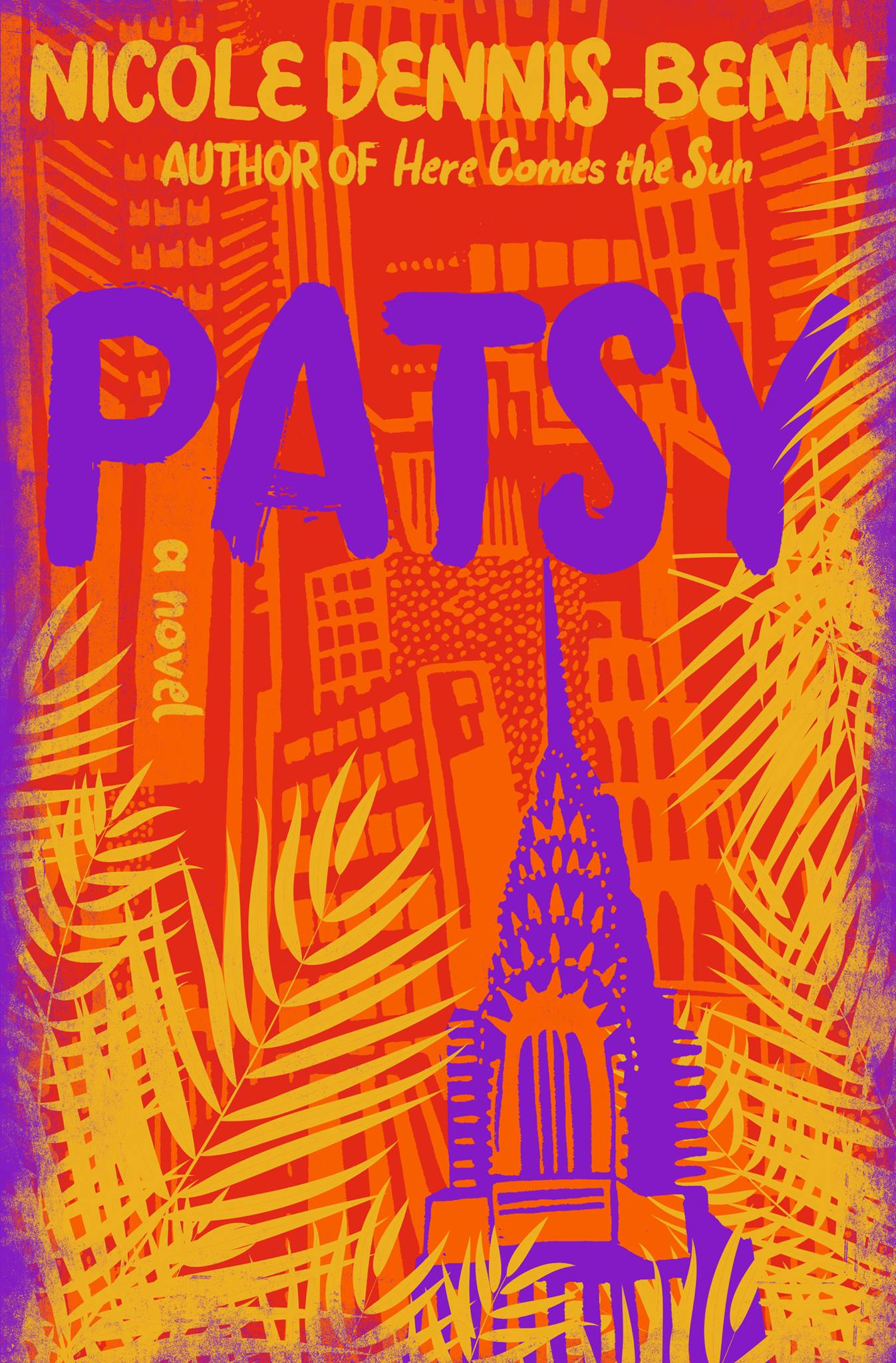Island Girl
The first thing I want to say about Nicole Dennis-Benn’s excellent new novel is that it does not come across as fiction. Rather in the manner of a classical symphony the work is intensely felt. It is the story of Patsy Reynolds, a struggling working class Jamaican who ruthlessly abandons her young daughter for a life in America. Dennis-Benn does not merely transport us to Patsy’s world, she transplants us, body and soul: As Patsy suffers the hardships and indignities of the undocumented black immigrant, we are made to suffer them as well.
Dennis-Benn emigrated from Jamaica to America in her teens. She writes to acknowledge the lives of Jamaica’s working class women whose stories are dismissed by Jamaican society and often ignored by literature as well. Her first novel, Here Comes the Sun, featured the slightly Machiavellian Margot who runs the front desk of a Jamaican resort and moonlights as a prostitute. That story exposed the harsh truths behind America’s image of Jamaica as an island paradise. Conversely, in Patsy, she reveals the enormous impediments to achieving the American Dream.
The novel opens in Kingston in 1998, where 28 year old Patsy works as a secretary for a government ministry. The job pays barely enough for her to support her obsessively religious mother, and her daughter, Tru, who is five. Patsy never wanted a child in the first place, especially one whose black female identity mirrors her own. Like Patsy, her neighbours attribute their poverty and lack of opportunity to their despised black skin; a self-loathing that manifests as cruelty and contempt toward one another.
Patsy has hopes of fleeing to New York to live with fair- skinned Cecily, her friend and former lover, free from the threat of homophobic assault. She also believes America is the place to capitalize on her academic gifts. Patsy’s most treasured possession is a glittering snow globe that epitomizes her ideal of a calm, cool, sophisticated American life.
When Patsy receives her temporary visa she leaves Tru with the child’s estranged father. In New York Cicely picks her up from the airport. Unfortunately, her friend has changed. What’s more, Cecily’s African American husband disdains black immigrants. Before long Patsy is on her own. Black, female, penniless and undocumented, she moves between rooming houses and toils at menial jobs. Shame prevents her from reaching out to Tru, who is devastated by her mother’s silence.
One of my favourite things about Dennis-Benn is that she dramatizes situations writers tend to summarize. For example, the long, hot line-up in which Patsy waits to re-apply for her visa.
(Patsy) clutches the large brown envelope under her armpit, where sweat blooms down her sides. Cicely told her to wear a suit. “Dey will tek yuh more seriously dis time.” But standing in a suit in the hot sun only makes the heat feel worse. There’s no way Patsy can take off the blazer, since the blouse underneath is soaked by now, hugging her like a wet T-shirt, too scandalous for the gaze of the Americans inside the embassy.
Aside from the few women dressed like they’re going to church on Easter Sunday, in hats and pastel-colored dresses with perspiration visible on their backs, many people, like Patsy, are dressed formally in business attire- some of the clothes borrowed, some bought, most too dark and heavy for the mocking heat.
Dennis-Benn’s ethical concern is to make us almost painfully conscious of every individual human being. Even minor characters, of which there are many, are delineated in significant detail. Astonishingly, this multiplicity of stories never distracts from the main plot. White characters, for the most part, remain on the periphery of the action- the employers who hire and fire. Patsy’s encounters with them consists largely of supplying favourable responses. In her subtle way, Dennis-Benn portrays the frightening innocence of white entitlement.
Patsy’s loneliness sinks her into depressive spells. Respite comes from company of those who speak her language, including and especially the nannies she meets in the park.
“Wha’ gwan Patsy? How yuh look suh?”
“How me look?”
“Like s’maddy wid di weight ah di world pon har head…”
In an ironic twist Patsy, too, becomes a nanny, showering her love on white children she wishes now were Tru. Ten years have passed and in Jamaica, Tru continues to thwart her stepmother’s attempts at motherly affection. Tru’s ambiguous sexuality complicates matters. She wraps her swelling breasts to flatten them, wears boy’s clothing and plays on a boys’ football team. Classmates ostracize her and men glare after her in the street. Fear of Tru’s father, a police officer, is all that saves her from the inevitable physical attack. Another irony: Patsy fled Jamaica partly to be free to love a woman. But she is not present to offer her daughter the understanding she, best, could provide.
Like other black and Caribbean woman writers, Dennis-Benn tackles the theme of estranged or missing mothers. Patsy exhibits most the influence of Toni Morrison, in particular her novel A Mercy, in which a slave woman’s rejection of her daughter leads to a shattering climax. And like Morrison’s Song of Solomon, Patsy is concerned with the symbolism of flight. Writes Dennis-Benn: “Every Jamaican of a certain social ranking” shares a dream of boarding a plane to America; “for the destination, and for the ability to fly.”
As sympathetic readers, we believe Patsy deserves the chance to soar; to make the very most of her gifts, and of her life. We completely grasp the hopelessness that drives her from her island home. Still, we are never quite reconciled with her decision to leave Tru behind. But Dennis-Benn is not concerned with whether or not we approve of Patsy, or whether or not we accept her decisions or point of view. She only desires that we come to know Patsy in all her profoundly human complexity. And this is the novel’s great success.






